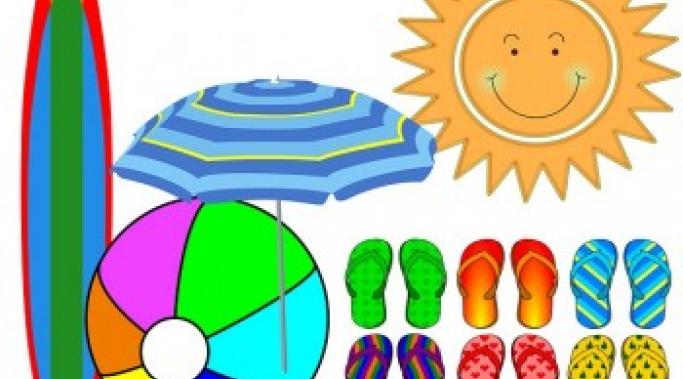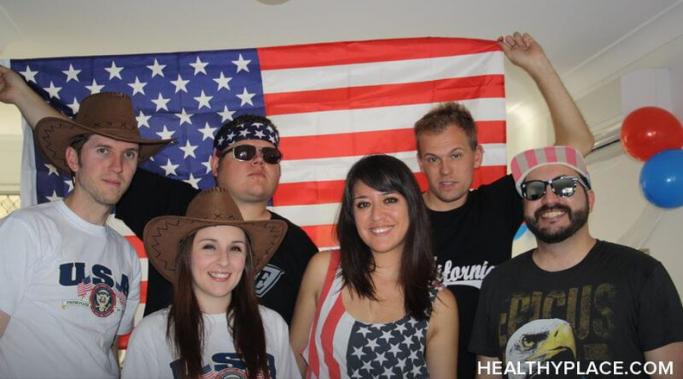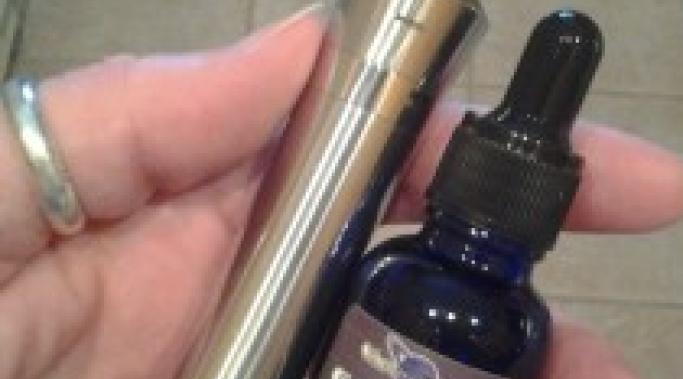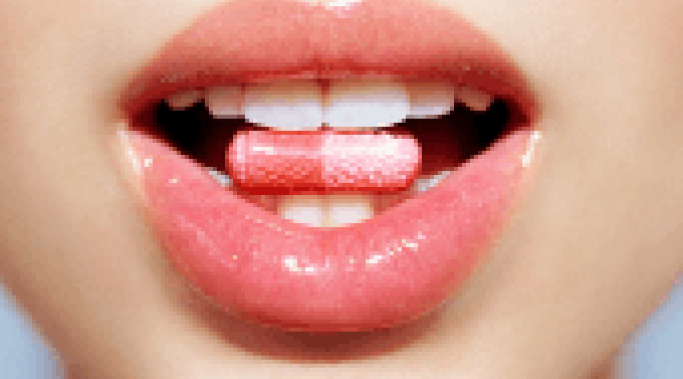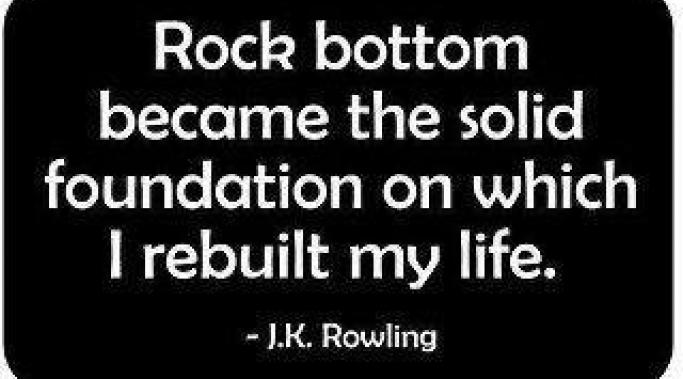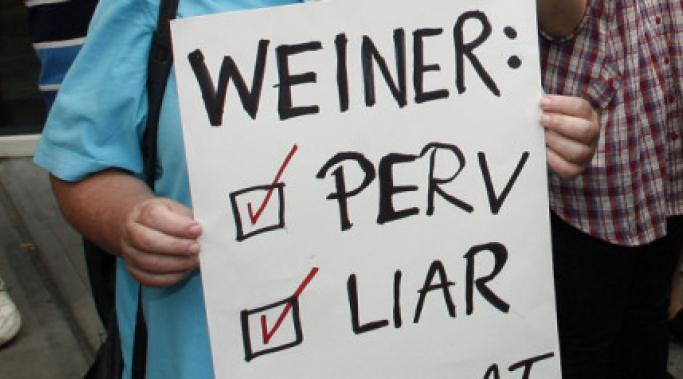What kinds of summer fun can you have in sobriety now that the hot weather is here? For many people, the thought of summer also brings romanticized notions of cold beers or getting closer to nature with the help of marijuana. After eight years clean and sober, I've learned that there is nothing I did while drinking that I can't do in sobriety. Summer fun in sobriety is entirely possible.
Debunking Myths
Is it possible to have fun in sobriety? Once you get sober, you'll never have fun again, right? Leading a boring, sad life is a major fear for many problem drinkers that discourages them from seeking a program of recovery. But the myth that sobriety is dull is completely inaccurate. Here's how you have fun in sobriety.
Nearly one-third of adult Americans do not drink alcohol at all. Furthermore, another one-third of adult Americans consume less than one alcoholic drink per week. These figures from a Washington Post article astonished me; far more Americans don't drink alcohol or very light drinkers than I had realized.
With use of e-cigarettes and vaping on the rise, many people are beginning to wonder, just how safe are e-cigarettes and vaping? I recently attended a lecture by three professors at Portland State University that addressed the science of e-cigarettes. The neuroscience presented was complex but at least one point was clear--vaping and other forms of electronic nicotine delivery are not harmless.
When it comes to recovery from active addiction, there are many approaches and treatments that have been tried over the years (see The Best Way to Quit Using Drugs). Research has shown that addiction is a physiological disease that manifests itself in abnormal behavior. Along with this is the idea that the addict’s disease actually began before the individual picked up the first drug.
Many myths about 12-step programs have grown up since Alcoholics Anonymous (AA) was founded in 1935. Since that time, numerous fellowships have patterned themselves after the humble beginnings of AA. These 12-Step programs have enjoyed success over the years; however, they have also been criticized for their practices. Many of these criticisms, I feel, are somewhat misguided and have fed into the myths about 12-Step programs. I say this from the perspective of someone who found freedom from addiction using 12-step recovery. What are the myths about 12-Step programs that keep people away?
The War on Drugs is a multi-billion dollar industry, if you take into account law enforcement and drug prevention/treatment. I’m sure we can all agree that it is a major problem in the US, not to mention worldwide. Substance abuse affects every sector of our society. In addition to the War, mentioned above, there are untold billions spent on healthcare costs as well as workforce-related addiction problems.
Whitney Houston's death kept me up Saturday night because my mind was racing. Not only from the shock of a legend being gone, but also the speculation and response from media, but mostly from people on Twitter and Facebook. There is so much misunderstanding, judgment, and blame placed on addicts whom die, and am saddened to not see more compassion for the struggle people face when struggling with an addiction. I know at this point the cause of her death is pure speculation, and I will not try to analyze the how and why in this post, because I feel I do not have enough information to talk about it, without more facts. I do want to address the life and loss of a legend, the realities of a struggle with an addiction, and the frustration and sadness I feel when seeing the responses to her death.
This concept of “hitting rock bottom” is a common phrase in addiction awareness, intervention, treatment, media, etc. People often have a story of their rock bottom. However what exactly is a rock bottom and how important is it in recovery from an addiction and getting sober?
When I first heard of Anthony Weiner seeking professional “help” I was ready to blow a cork. I am so done with hearing about politicians, celebrities, and professional athletes seeking treatment for what may very well be an excuse for bad behavior.
